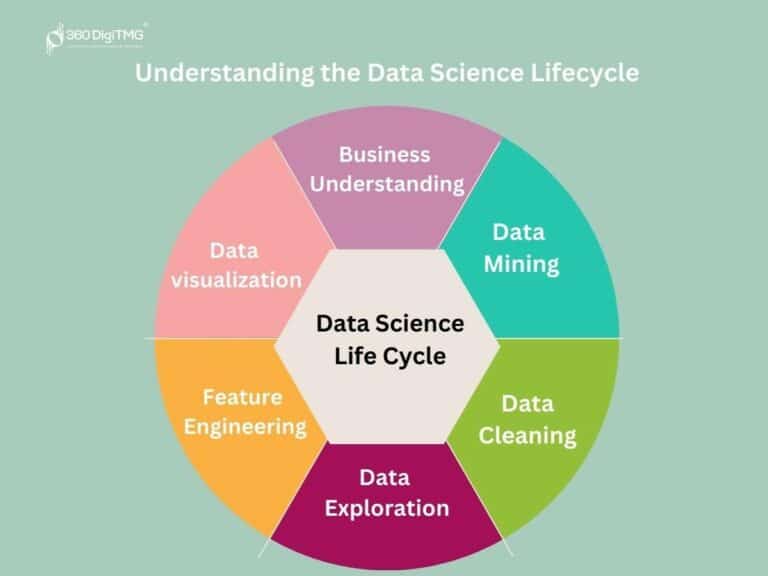As you stand on the brink of a new era in business operations, compliance management is undergoing a transformation driven by the relentless advance of technology. Central to this metamorphosis is compliance automation—a term that encapsulates the use of sophisticated software and technology to navigate the complexities of regulatory obligations. What is compliance automation? It is the beacon that guides organizations through the regulatory maze, leveraging the power of technology to ensure adherence to laws and standards with unprecedented efficiency and reliability. This article ventures into the heart of this evolving landscape, exploring how automation and artificial intelligence (AI) are revolutionizing the traditional paradigms of compliance, heralding a future where regulatory adherence is not just a mandate but a strategic advantage.
The Advent of Compliance Automation
Compliance automation marks the dawn of a new chapter in regulatory management, offering a bridge over the once-turbulent waters of compliance tasks. Gone are the days of manual monitoring and reporting, replaced by automated systems that provide real-time updates, schedule compliance tasks, and ensure no detail is overlooked. This technological leap forward does more than alleviate the burden on compliance officers; it embeds a level of precision and consistency into the compliance process that was previously unattainable. Organizations can free up valuable resources by automating routine tasks and redirecting their focus toward strategic compliance planning and risk management. The advent of compliance automation is a testament to technology’s power to reshape the regulatory adherence landscape, transforming it into a streamlined and error-resistant process.
AI’s Role in Enhancing Compliance Intelligence
Integrating Artificial Intelligence (AI) into compliance management tools represents a significant leap forward in how organizations approach their regulatory obligations. AI’s capacity to analyze large datasets and identify patterns offers a level of insight that goes beyond human capabilities. This intelligence extends to predicting potential compliance risks, enabling organizations to adopt a proactive stance toward regulatory adherence. AI-driven tools can tailor compliance strategies to an organization’s needs and risk profiles, optimizing resource allocation and enhancing the compliance program’s effectiveness. In this way, AI is not just a tool for managing compliance; it is a strategic asset that can drive informed decision-making and foster a more agile and responsive compliance posture.
Streamlining Regulatory Reporting
Regulatory reporting, often a time-consuming and error-prone process, benefits from automation and AI capabilities. These technologies streamline the compilation and submission of reports, ensuring accuracy and adherence to regulatory formats. Automated systems can pull data from various sources, consolidating it into comprehensive reports that meet the specific requirements of regulatory bodies. The impact of this automation extends beyond simplification, offering a level of data integrity and transparency that bolsters the organization’s credibility. Furthermore, AI-enhanced reporting tools can analyze report data to identify trends and insights, providing a deeper understanding of the organization’s compliance status and areas for improvement.
Enhancing Compliance Training with AI
AI’s transformative potential reaches into compliance training, where it offers customized learning experiences that cater to the individual needs of employees. Artificial intelligence (AI)-driven platforms have revolutionized how we conduct organizational training. One of the most significant advantages of AI-powered training is the ability to assess the understanding and proficiency of employees in real time. This means that employees can be evaluated on their knowledge and comprehension of the training material as they learn it. The AI-powered platforms identify gaps in the employees’ understanding and adjust the training material to address these gaps. This personalized approach enhances the efficiency of compliance training and engages employees more meaningfully. In turn, this fosters a culture of compliance throughout the organization.
The personalized training approach is also more effective than traditional training methods. By addressing gaps in knowledge and comprehension, employees are more likely to retain the training material. This improves their performance, reduces errors, and enhances the organization’s overall effectiveness. Moreover, the AI-powered training tools ensure that all organization members are well-versed in compliance requirements. Compliance is crucial for any organization, and ensuring that all employees understand the regulatory obligations is essential. By doing so, the organization can meet its regulatory commitments consistently. In summary, AI-powered training tools offer a unique and innovative approach to organizational training. They enhance the effectiveness of compliance training, engage employees more meaningfully, and foster a culture of compliance throughout the organization.
The Future Frontier
Predictive compliance is an innovative approach to regulatory management that leverages the power of AI’s predictive capabilities to foresee upcoming regulatory changes. It enables organizations to prepare for future regulations, thereby reducing non-compliance risk and positioning them as industry leaders in regulatory readiness. This cutting-edge approach analyzes historical data and trends to predict potential regulatory developments. Doing so provides organizations with valuable insights into potential regulatory changes that they can use to adjust their compliance strategies proactively. This aids businesses to stay ahead of the curve and adapt to regulatory requirements before they are enforced. Predictive compliance also helps organizations gain a competitive advantage by improving their compliance posture and enabling them to act quickly and efficiently in response to regulatory changes. It can assist them to avoid costly penalties and reputational damage resulting from non-compliance. Predictive compliance offers a forward-looking approach to regulatory management that lets organizations to stay ahead of the curve, mitigate non-compliance risk, and gain a competitive advantage in the market.
The Role of Blockchain in Compliance Verification
An additional revolutionary technology reshaping the future of compliance is blockchain. Known for its unparalleled security and transparency, blockchain technology can significantly enhance compliance verification processes. By creating immutable records of transactions and compliance activities, blockchain provides an auditable trail verifiable by regulators and stakeholders. This capability can drastically reduce the time and resources spent on compliance audits while minimizing the risk of fraud and non-compliance. As blockchain technology continues to change, its integration with compliance automation and AI tools could further bolster the integrity and efficiency of compliance programs, marking yet another step toward the future of seamless and secure regulatory adherence.
Conclusion
The journey toward the future of compliance, marked by the embrace of automation and AI, promises to redefine the very foundations of regulatory management. As organizations grapple with what compliance automation is, they uncover a path to a future where compliance is not a burden but a strategic enabler. Integrating AI into compliance processes goes beyond mere efficiency, offering insights and predictive capabilities that empower organizations to navigate the regulatory landscape with confidence and agility. In this future, compliance becomes a dynamic, intelligence-driven function that ensures adherence to current regulations and anticipates and adapts to regulatory changes. The future of compliance is here, powered by automation and AI, offering a blueprint for success in an increasingly complex regulatory world.












